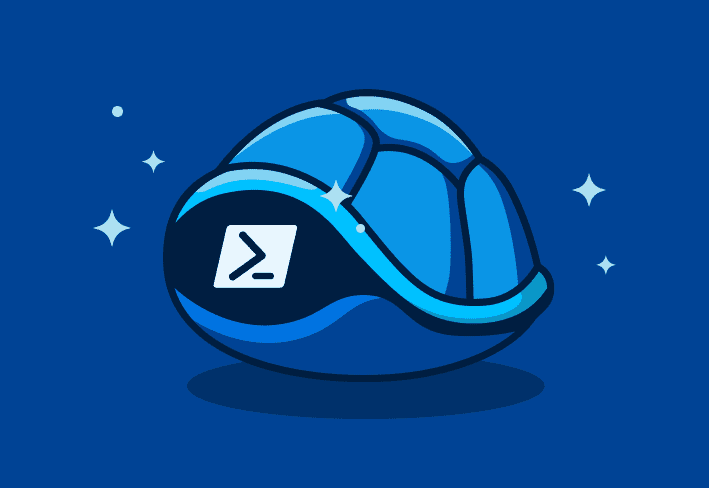Database administrators, or DBAs, play a vital role in the security, storage, and organization of a company’s data. The average database administrator salary is $77,924 annually, which is largely dependent on the experience, location, certifications, and skills of the DBA.
To learn more about the role of the database administrator, how you can become one, and how much they make, keep reading.
What does a database administrator do?
According to Indeed, a database administrator, sometimes called a database manager, is responsible for managing computer systems that store and organize data for companies. Databases can include anything from census information to client records and user information to statistical surveys. DBAs can work for any number of organizations, including academic institutions, government agencies, and financial institutions.
The responsibilities of a database administrator include the following:
Securing data within an organization’s infrastructure
Identifying areas for improvement within an organization’s security infrastructure
Implementing security protocols
Identifying who has access to a database
Creating backup data plans and restoring lost data when necessary
Monitoring and managing database systems
Running tests to ensure optimum security
Monitoring, maintaining, and securing cloud databases
In short, database administrators are a pretty big deal.
What does the typical database administrator career path look like?
While the career path towards database management varies from person to person and depends partially on whether they want to move to a senior database administrator role or aim for a spot as a chief information officer, there are a few basic steps that most prospective data administrators take:
Get a degree
The minimum educational requirement for an entry-level database administrator job is a bachelor’s degree or associate degree in computer science, computer information systems, computer engineering, or any other ICT field. You may also find a database administrative job with a degree in a similar field. To land a senior-level database administration job, applicants usually need a master’s degree in an IT-related area.
Get certified
Most IT security positions require some level of certification. Here’s a quick rundown of some of the most common database administrator certifications:
Get trained
On-the-job training is crucial to any IT security field. It’s one thing to learn about IT security and computer programming best practices, but implementing them in real-world scenarios is another. As the industry evolves, continued education will help you stay on top of the latest threats, best practices, and technologies.
Develop the right skills
Prospective database administrators should develop analytical and problem-solving skills to excel in this role. They should also be effective communicators and exhibit strong attention to detail. A DBA should become familiar with the key computer programs and platforms often used for database admin, including Structured Query Language (SQL), PHP, and Python. Prospective DBAs can prepare to become SQL database administrators by training to manage SQL servers. An SQL DBA will require specialized certification and training, which can be a valuable addition to a DBA’s resume.
With cloud services becoming the go-to storage option for most organizations, DBAs should acquire at least a basic knowledge of how to manage and troubleshoot cloud databases. Cloud database administrators will want to become proficient in evolving cloud security measures, data performance improvement, and data recovery.
What is a typical database administrator salary?
According to Payscale, the average salary of a database administrator is $77,924 annually, and the national average ranges between $50,000 and $116,000, depending on seniority and experience. This also varies based on location, industry, company size, and other factors.
Here’s a breakdown of the salary range for a database administrator:
Junior database administrator: $60,788 per year
Mid-level database administrator: $84,000 per year
Senior database administrator: $102,230 per year
The more education, experience, and credentials a DBA has, the higher their potential salary.
What is the difference between a database administrator and a data scientist?
On the most basic level, the database administrator, data scientist, and data analyst all deal with data. However, what DBAs and data scientists do with that data varies significantly.
By now, we’re all pretty familiar with what a DBA does. They work to understand, protect, and optimize a database and its security. They’re responsible for securing all of the data within an organization’s database while also staying on top of the latest threats, security trends, and more.
On the other hand, a data scientist’s role boils down to data analysis, which they use to solve different business problems. They’re also responsible for data cleaning: the removal of incorrect, corrupted, incomplete, or incorrectly formatted data from a set of data. Additionally, they may help ensure that only the most recent and necessary information is kept on a computer, which can be crucial to maintaining security.
Data scientists also differ from database administrators in that they’re responsible for data forecasting, making predictions on things like company turnover or user interactions based on previous data input.
In other words, a database administrator is responsible for keeping your data safe and maintaining the database structure or database system, while a data scientist uses that data to inform decisions within the organization.
How do you become a database administrator?
If you feel like your skills and interests align with database admin, here’s how you can take the next steps toward a successful career as a database administrator, according to Indeed:
Get a bachelor’s degree
Gain work experience
Learn key computer languages (SQL, PHP, Python, etc.)
Master computer programs and platforms
Acquire software vendor certification
Create a resume
You can get started on your career path by staying up on the latest IT trends and tips, researching database administrator job opportunities, and learning about all things IT from PDQ.





